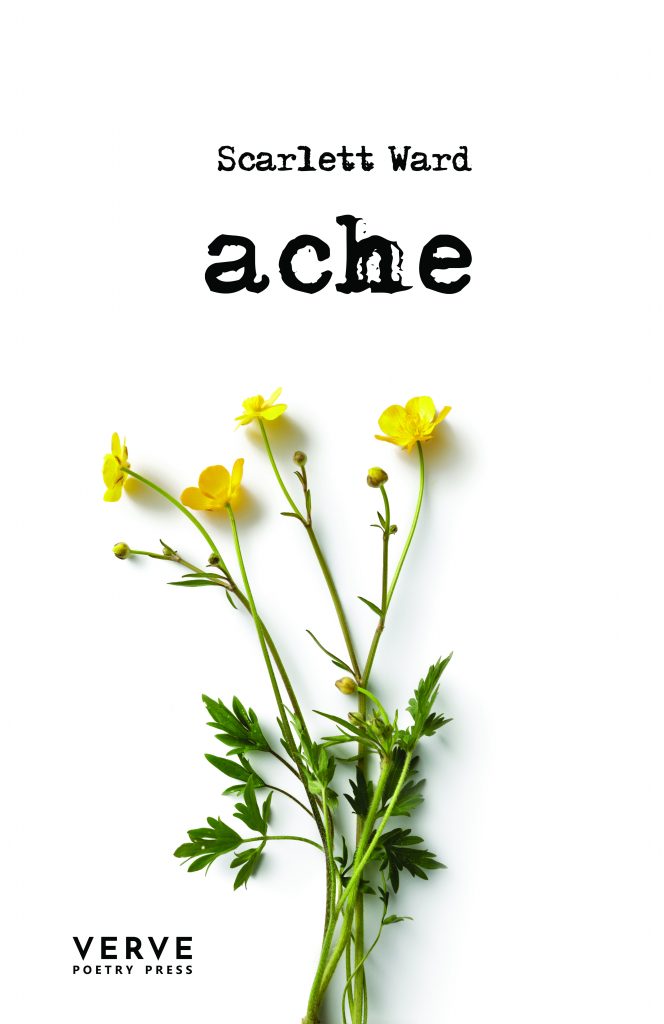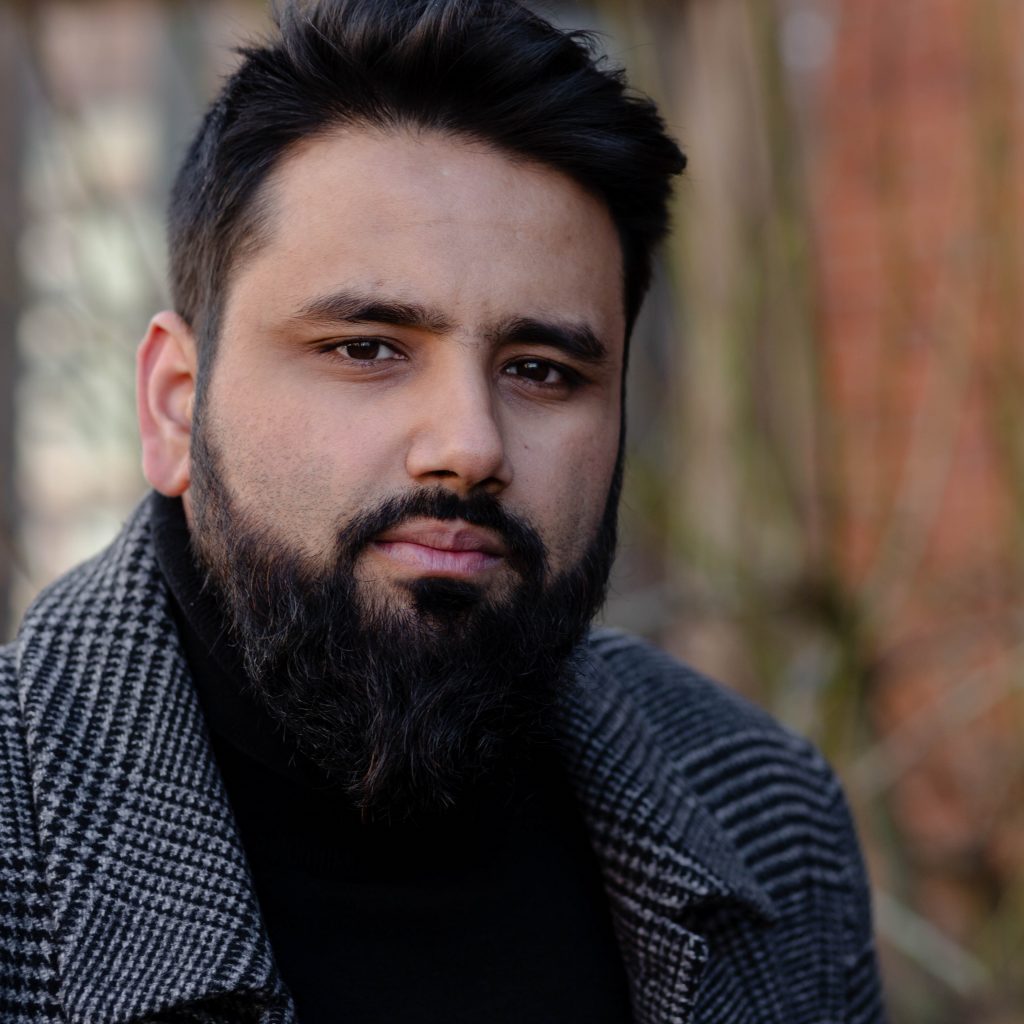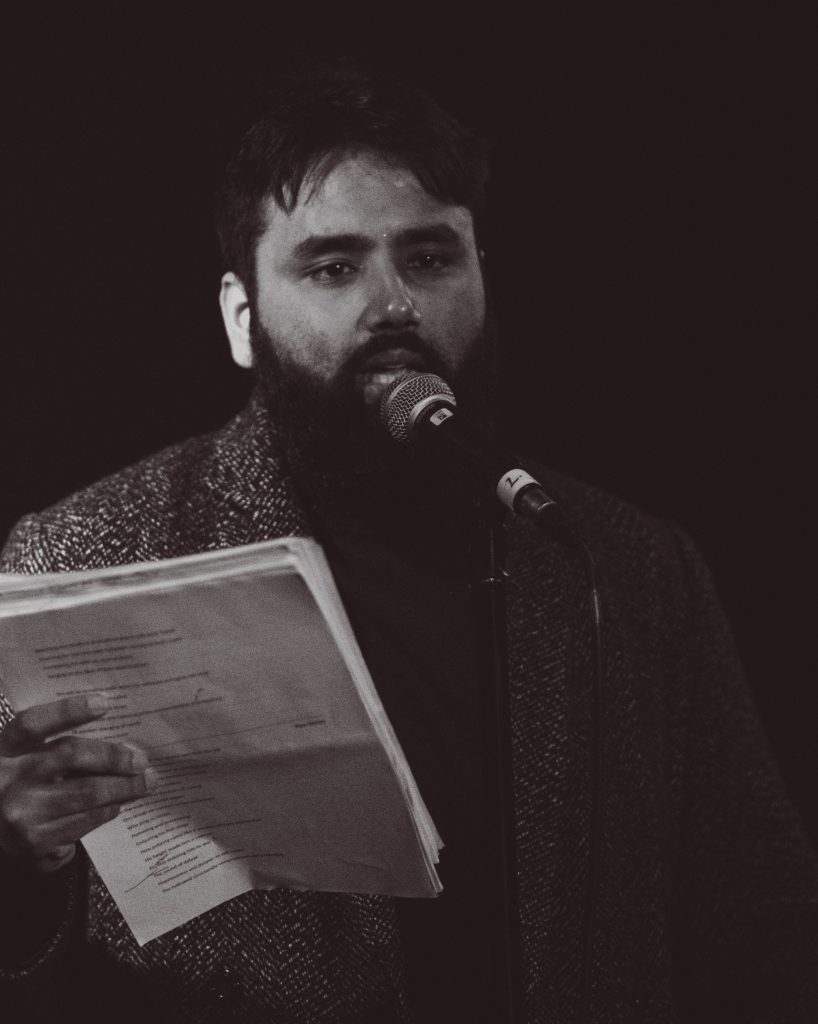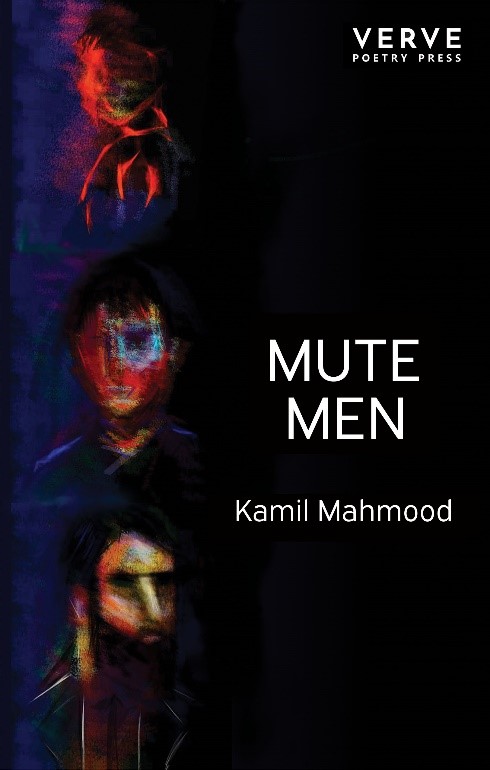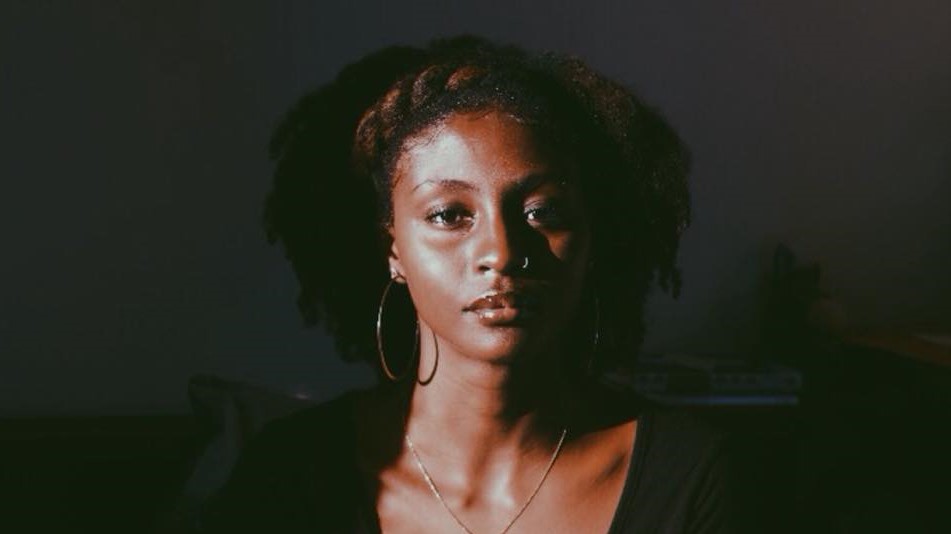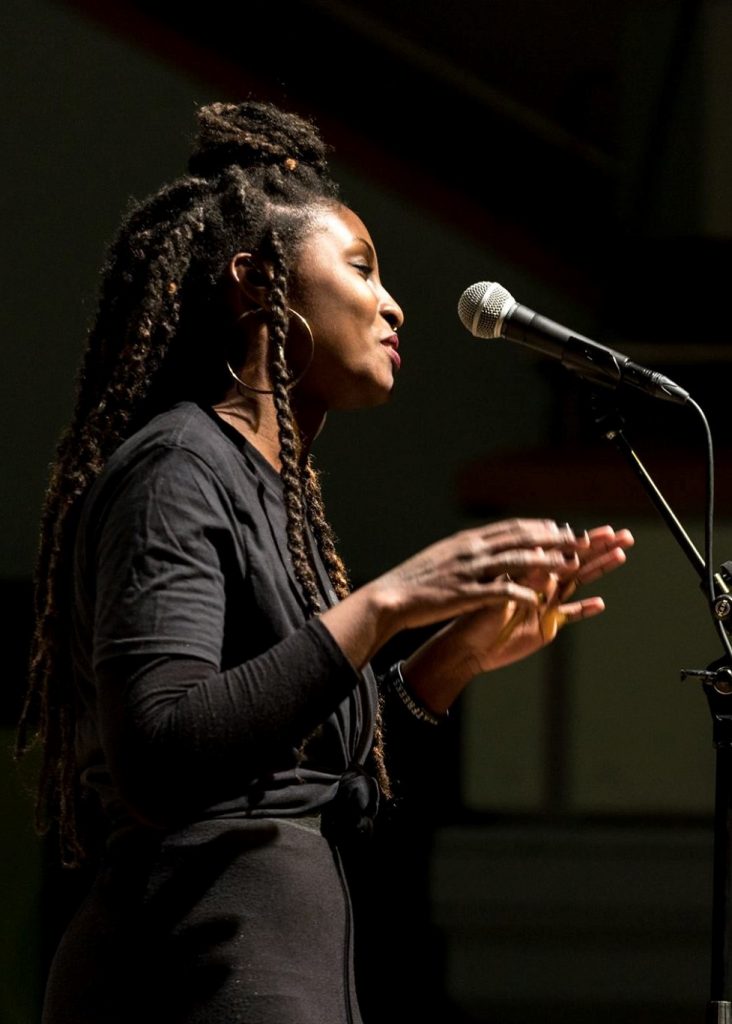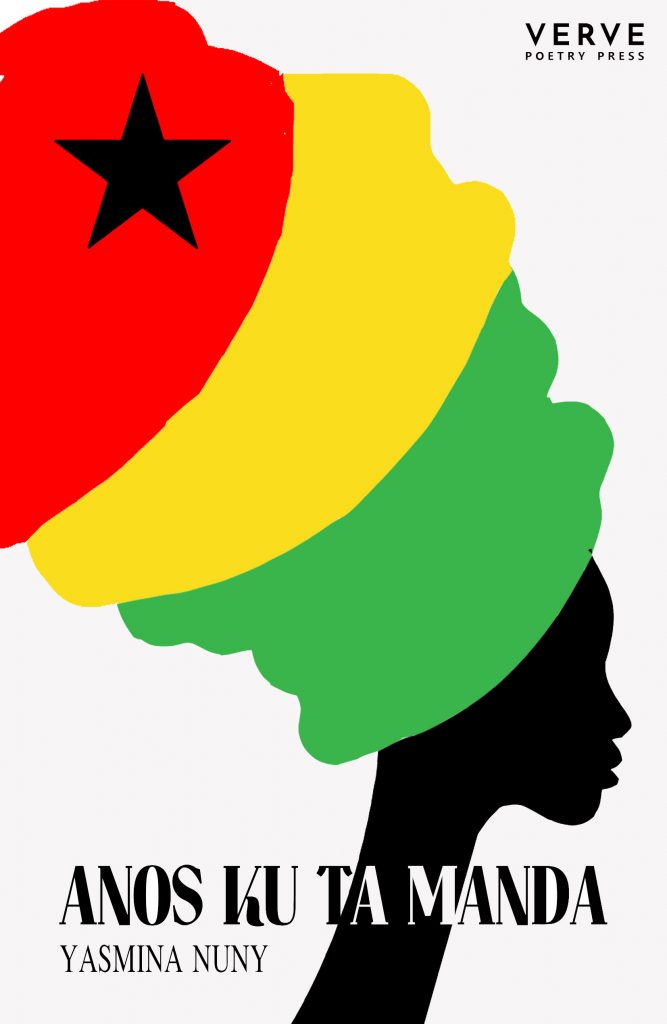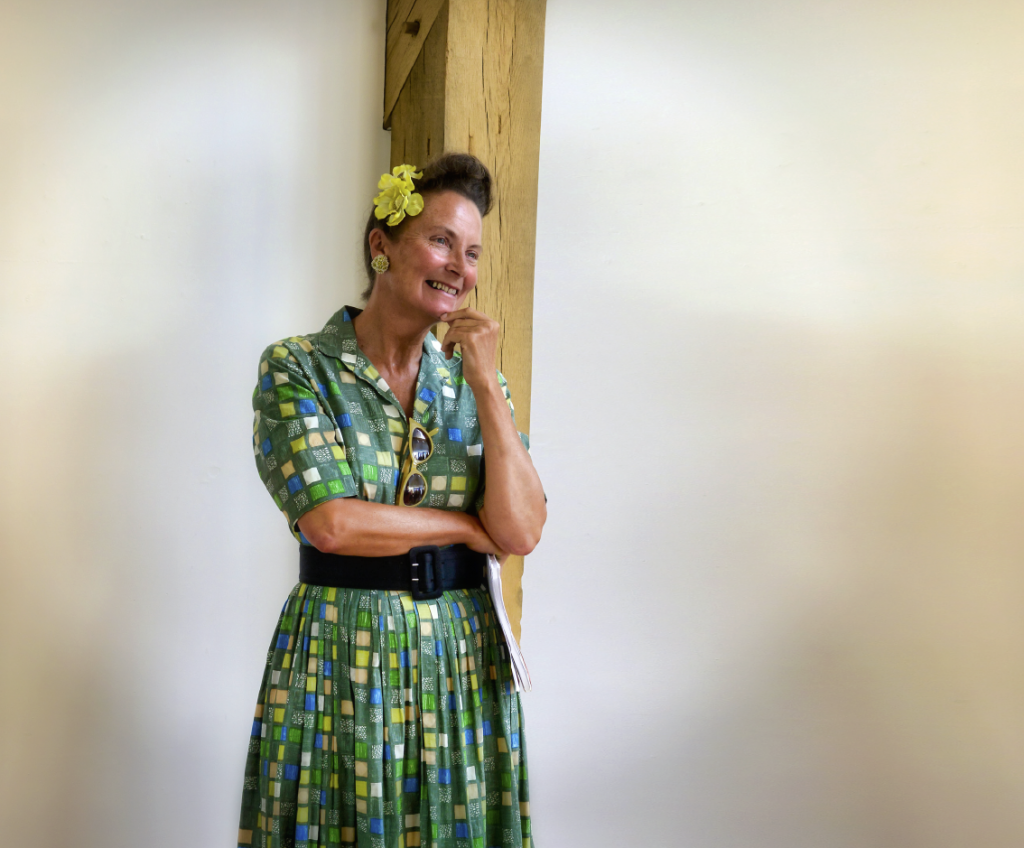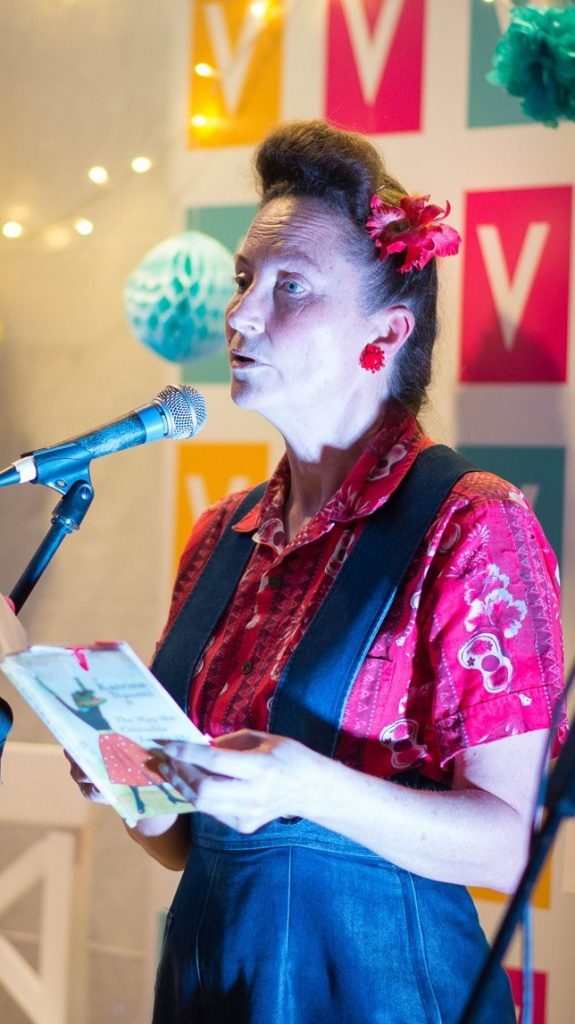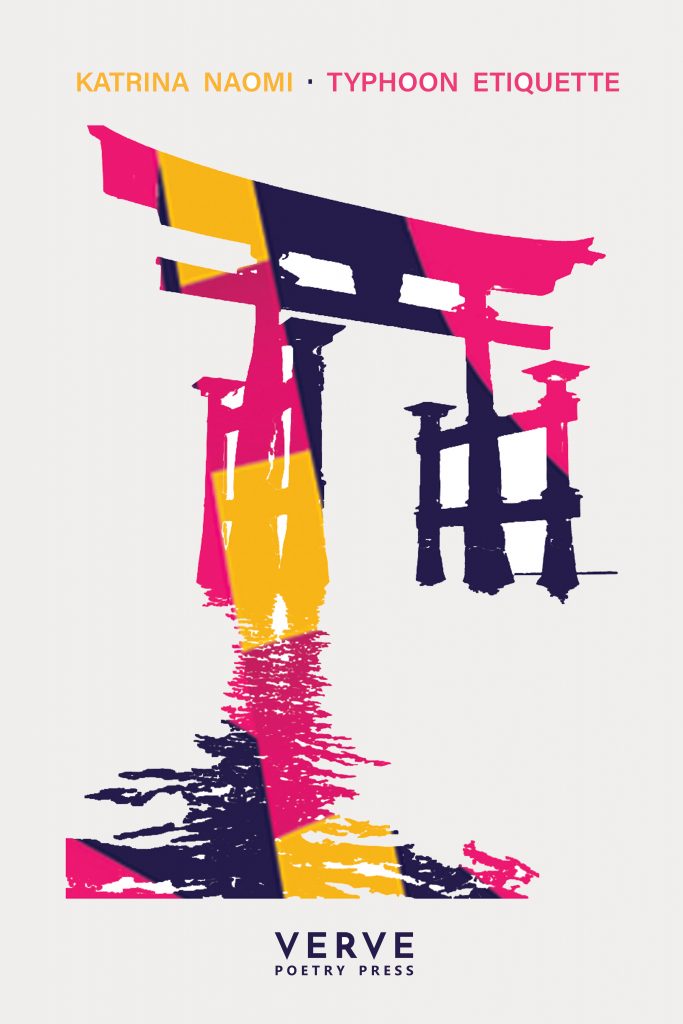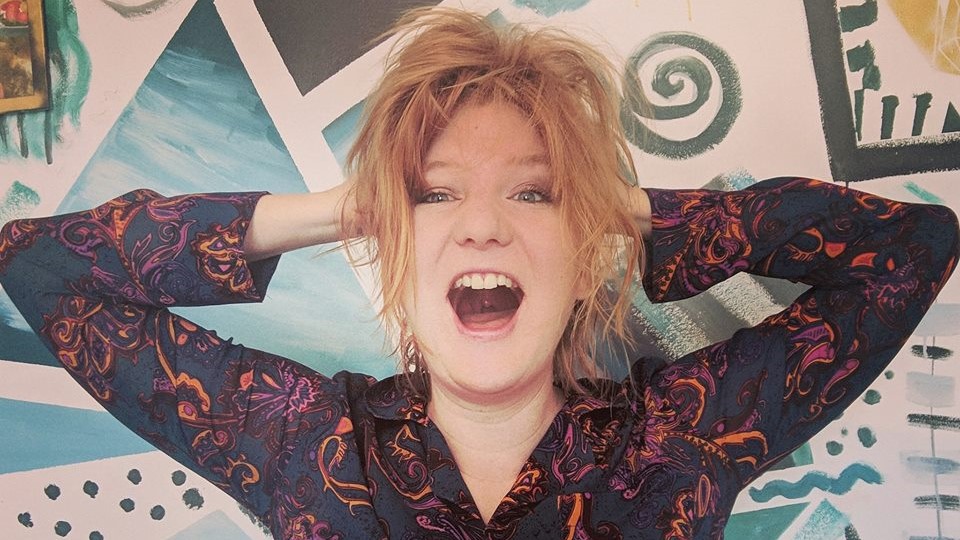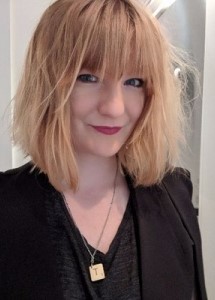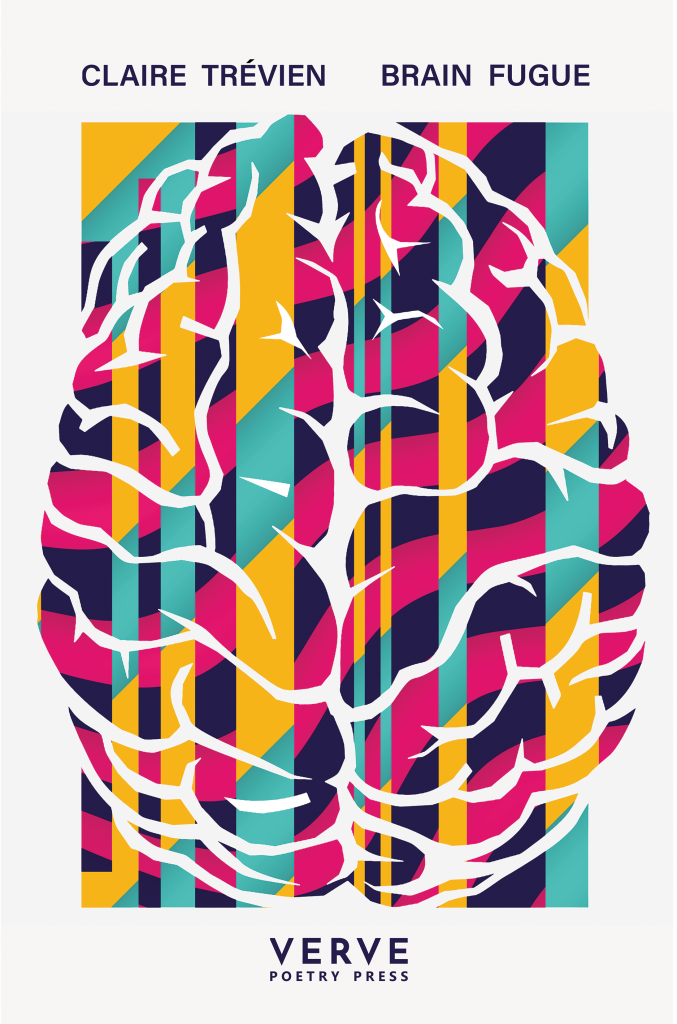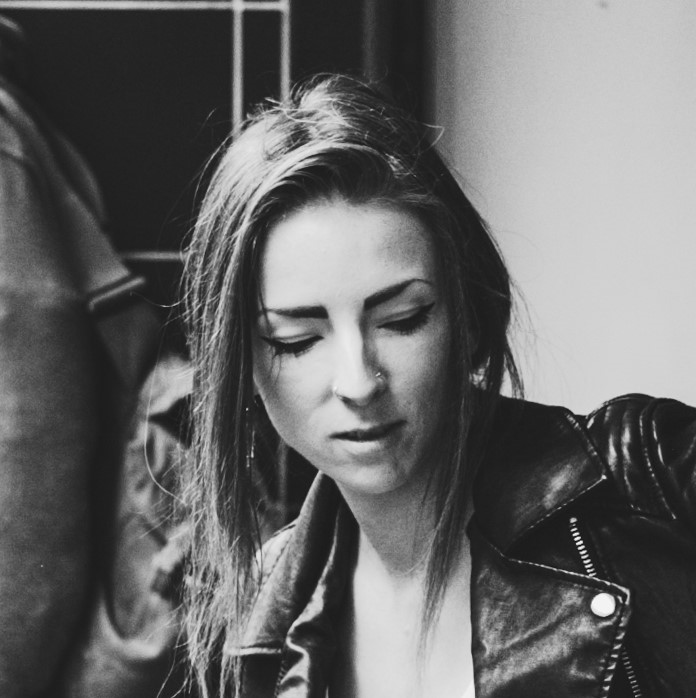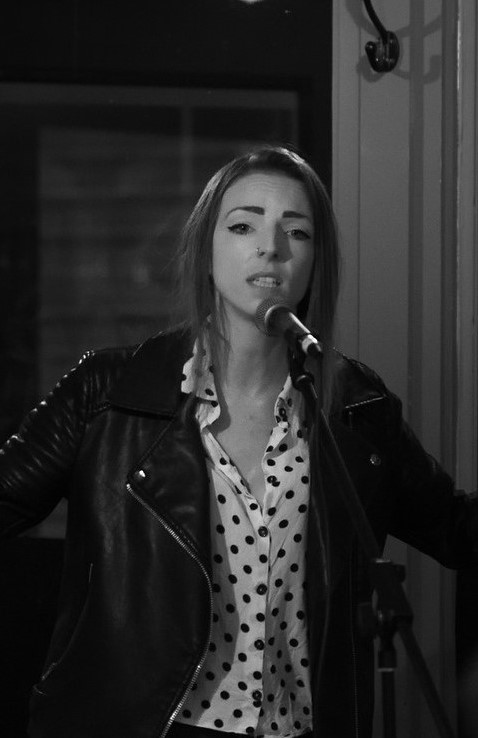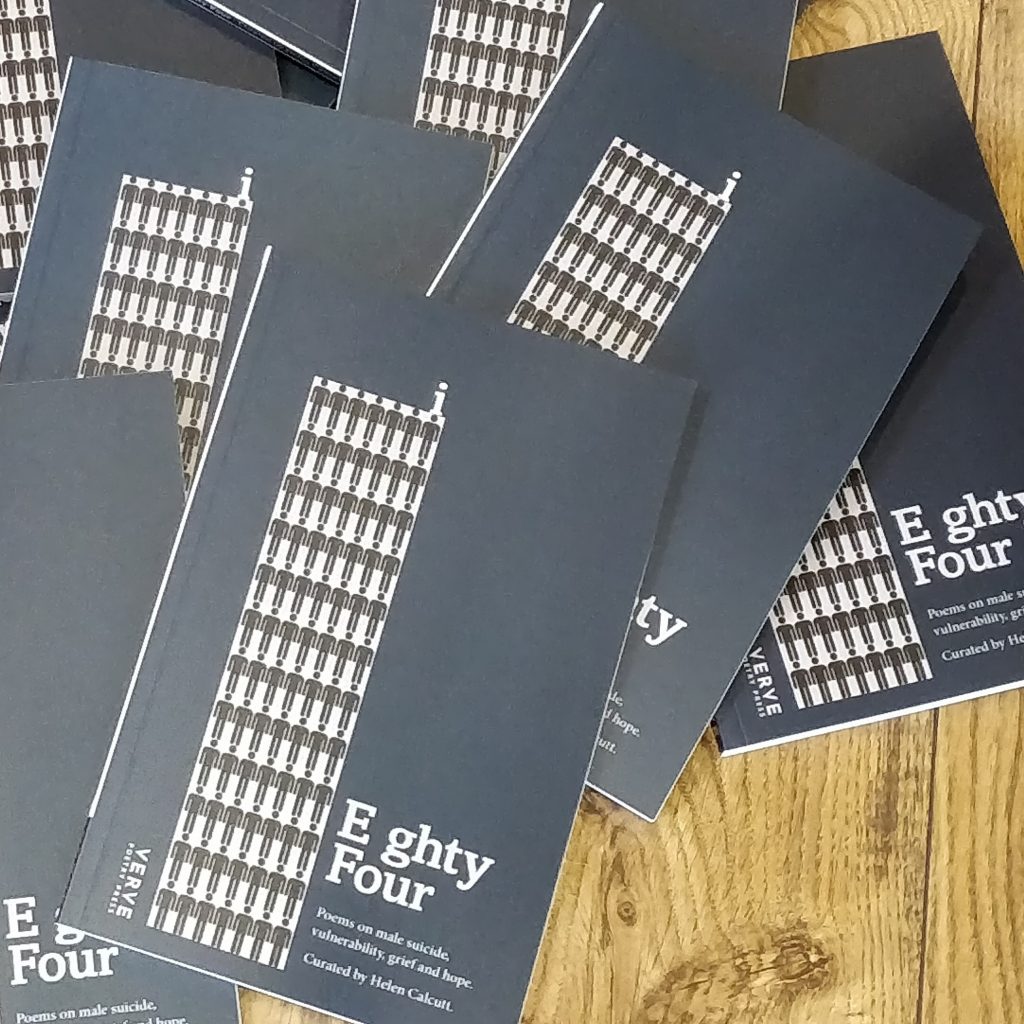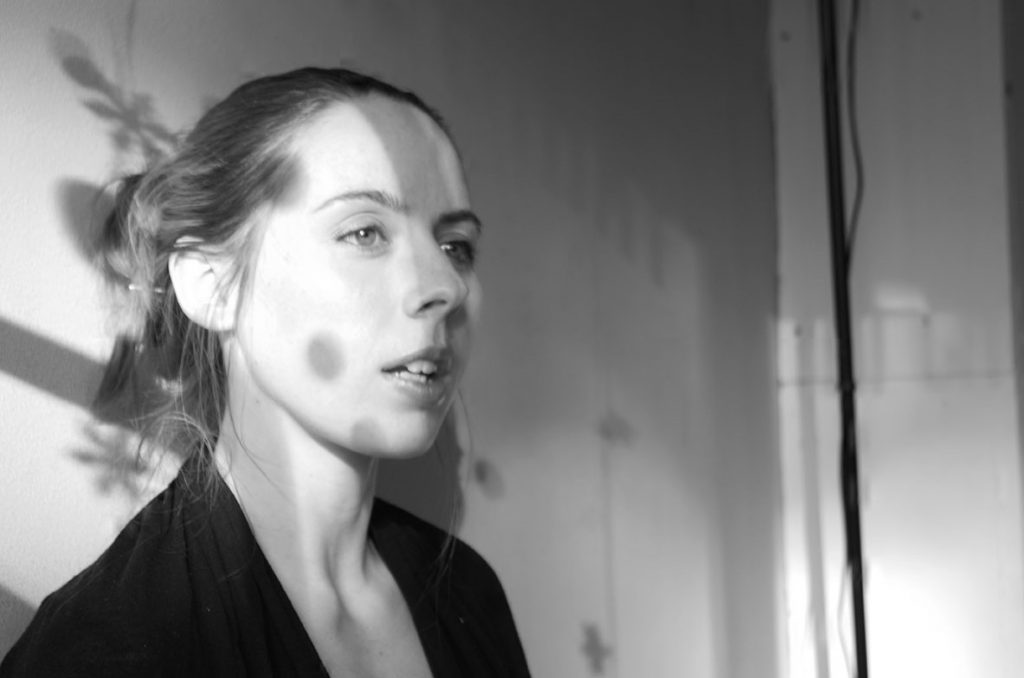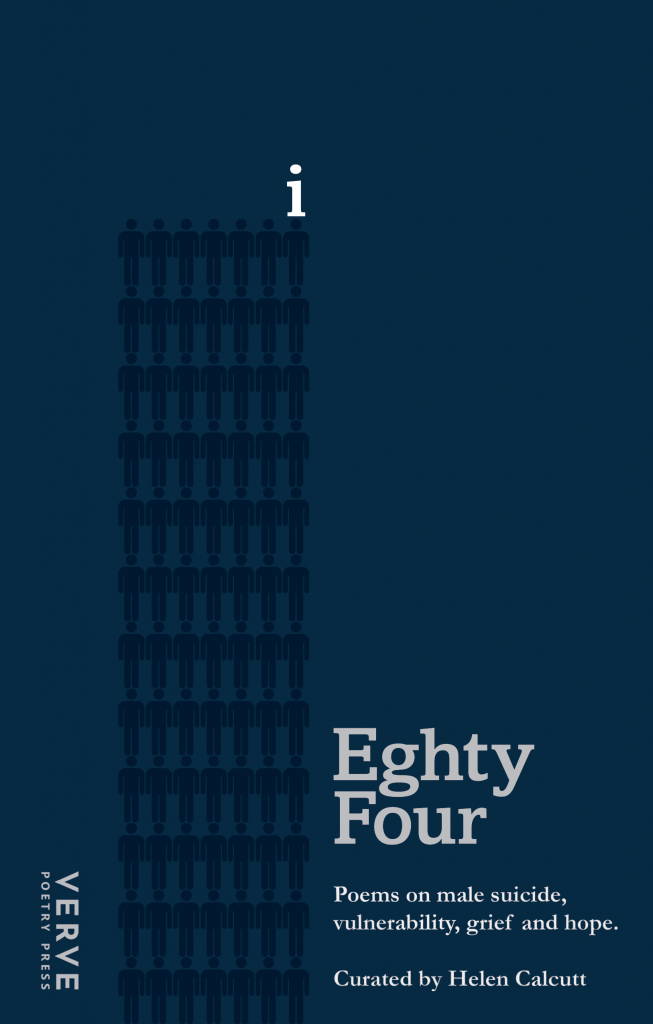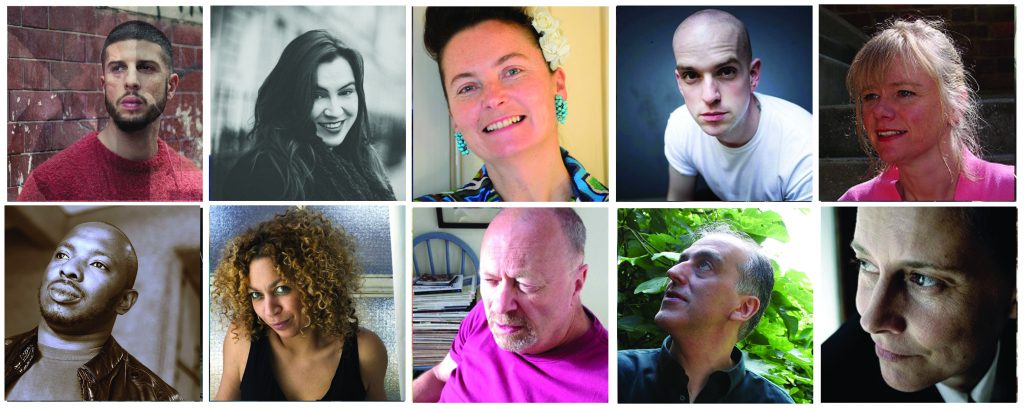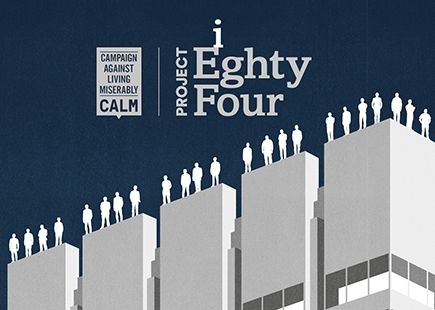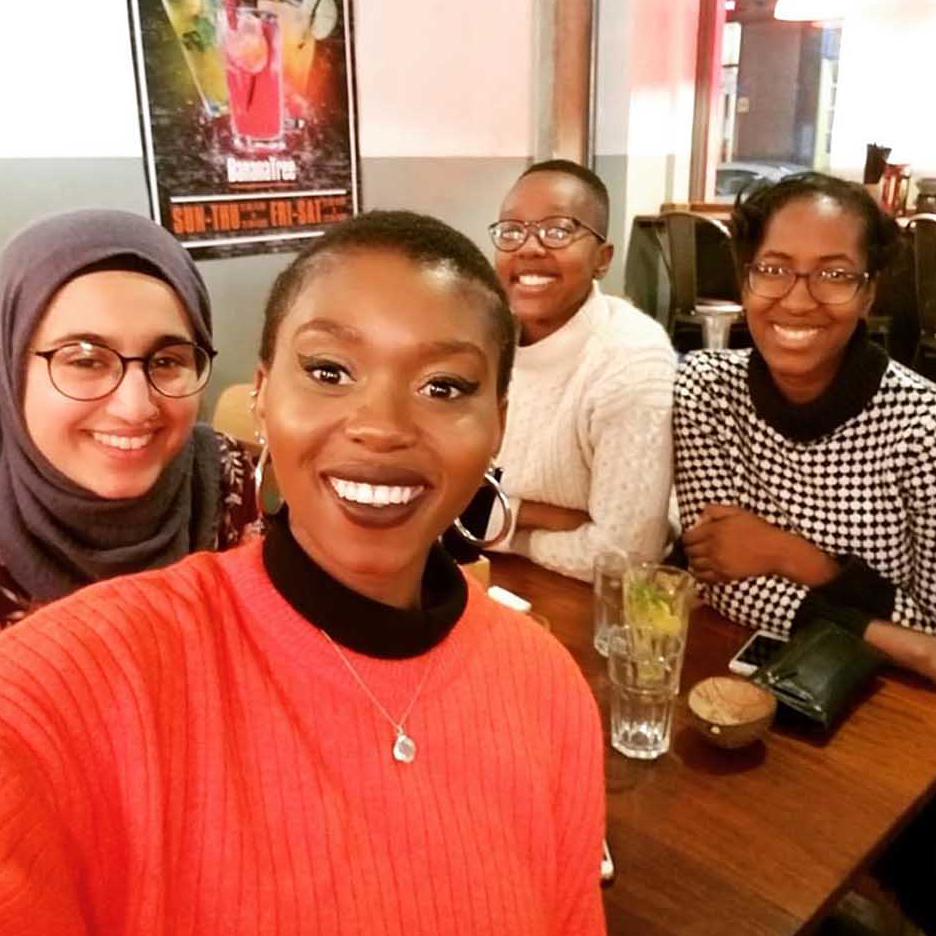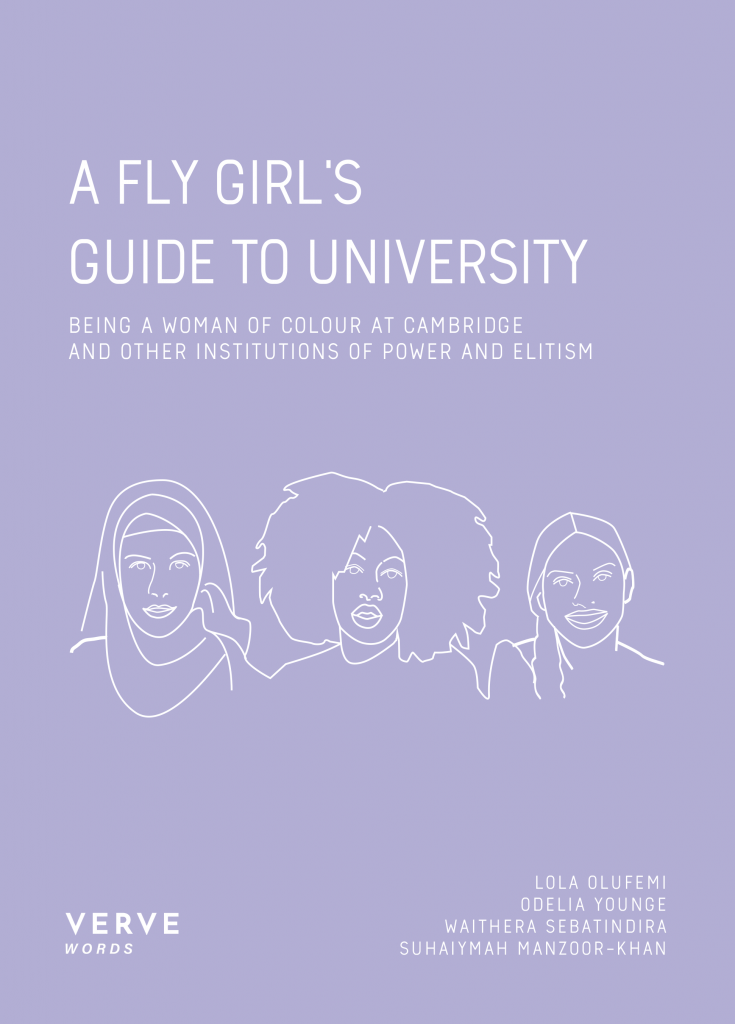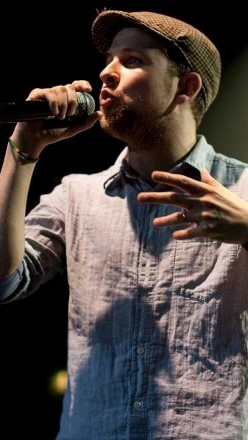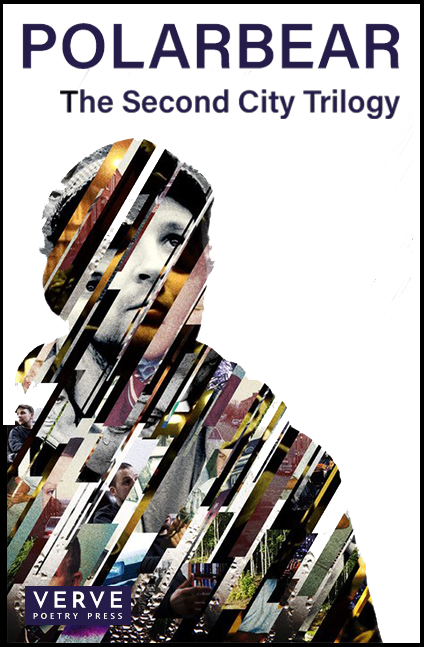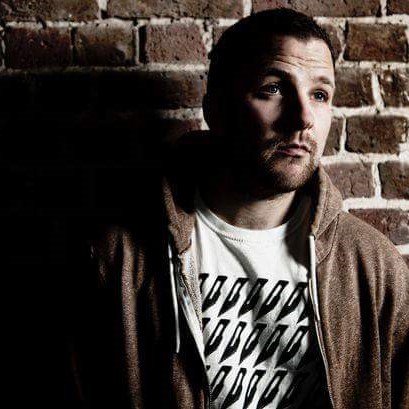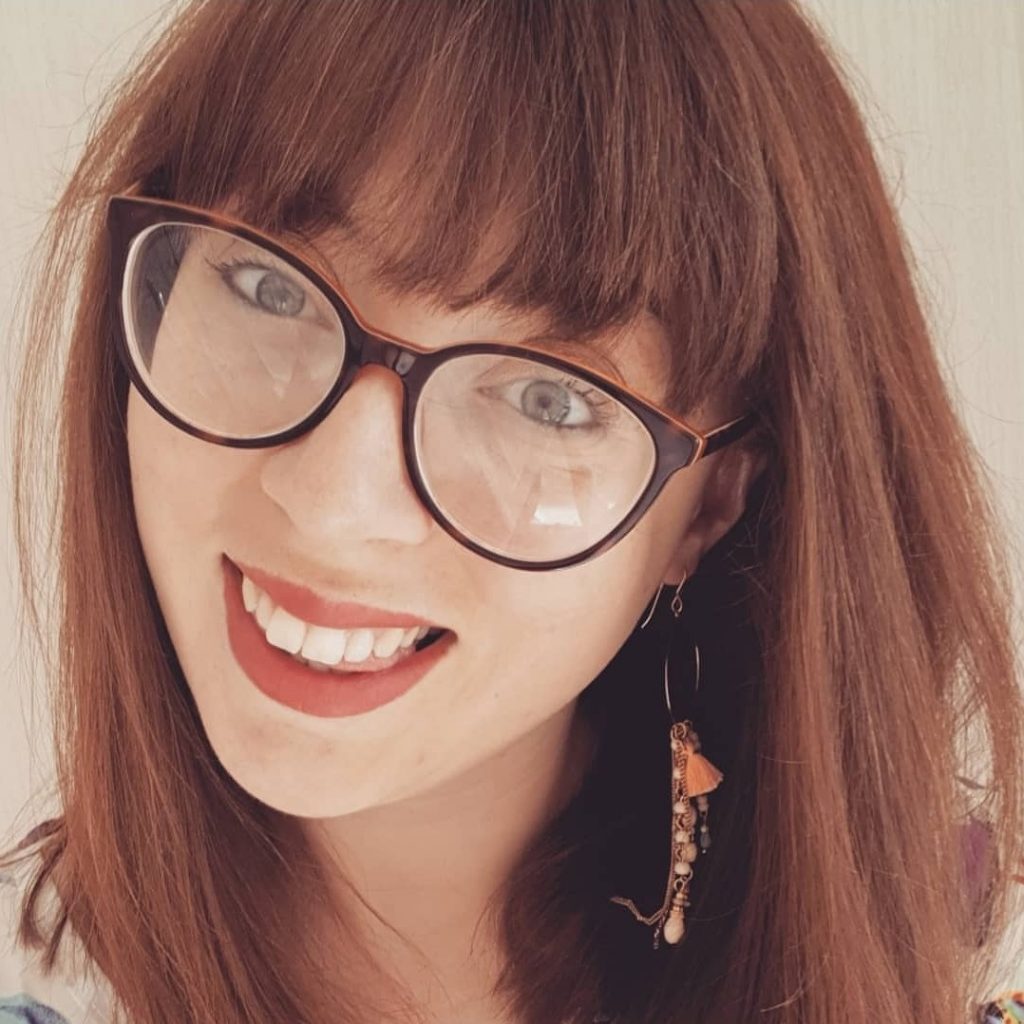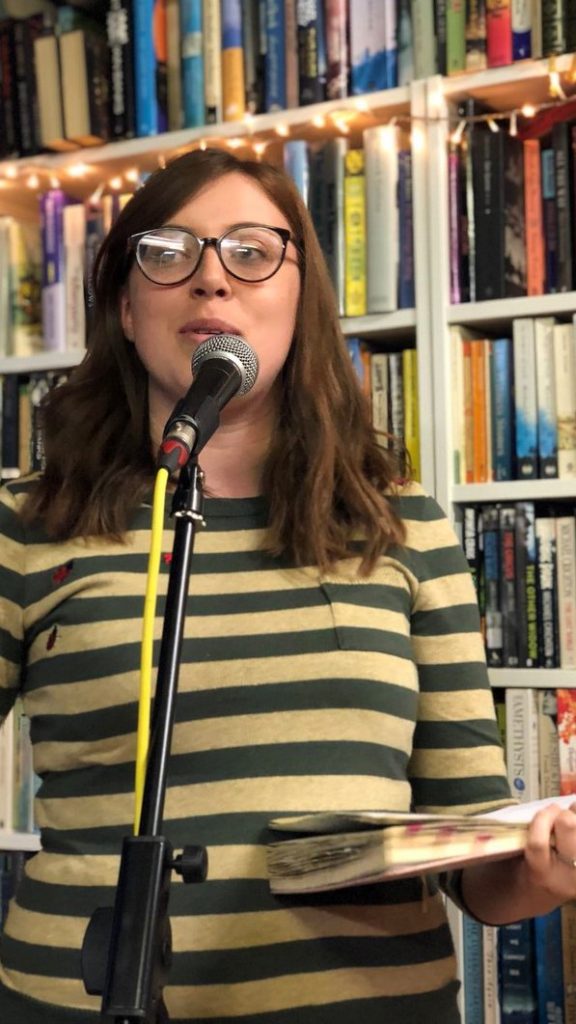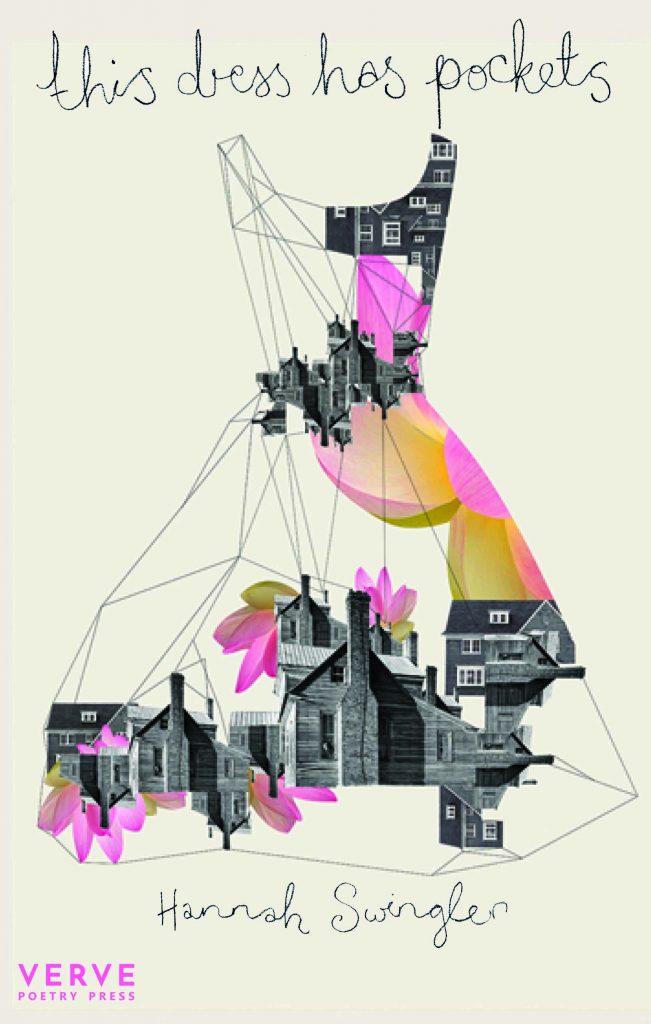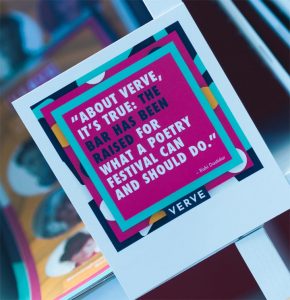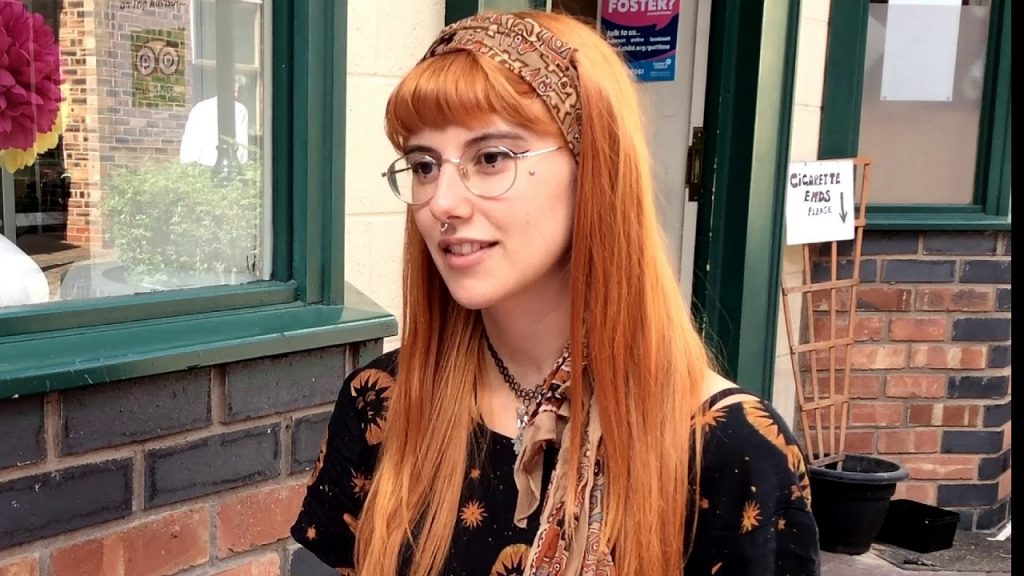
Scarlett Ward is a black country Poet, performer, and workshop facilitator, working from Staffordshire. Her poetry focuses on the issues revolving around mental health, recovery, and what it means to find love for another whilst still uncovering love for one’s self. She has a real ear for language, and an imagination to match. At times as light as petals, at others, as heavy and violent as a hobnail boot.
She is an Assistant writer for Writing West Midlands, and Editor of On Your Doorstep magazine in association with Homegrown 31.
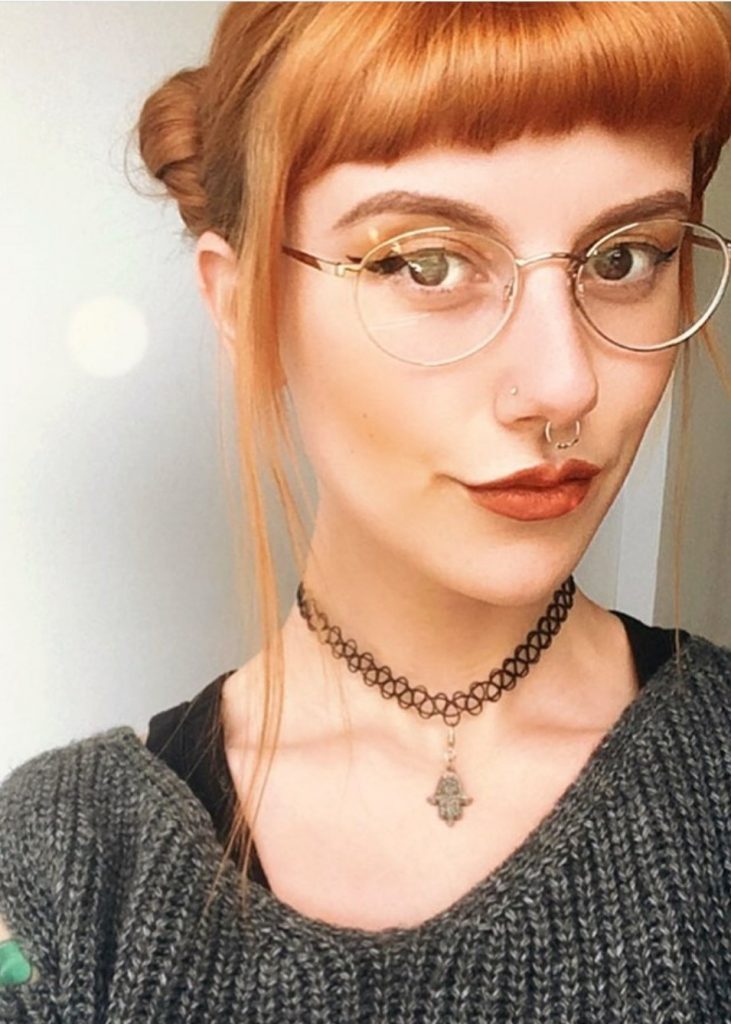
She has been nominated for Best Spoken Word Poet by Sabotage awards in 2019 and came runner up in Wolverhampton Literature Festival, Mother’s Milk Poetry Prize, and Lord Whiskey Poetry Prize. She has featured on Brum Radio and People’s Poetry Podcast.
ACHE
Scarlett’s debut collection “ache” was published in 2019 and was put forward for a Forward Prize by Verve in the same year. Her work has recently features in Under The Radar magazine by Nine Arches press, Eyeflash Press, and Fly on the Wall Press. Her poem, X, featured inside, was included in the first Verve Poetry Press Anthology, Wild Dreams and Louder Voices – The Poetry Jam Anthology edited by Anisa Haghdadi.
Her poem Culling Season was short-listed in the Verve Poetry Festival Competition on theme of Community judged by Joelle Taylor and features in the accompanying anthology Closed Gates and Open Arms. She came runner up in the Wolverhampton Literature Festival 2019 as Judged by Roy McFarlane, and has featured on ‘Brum Radio’ and ‘People’s Poetry podcast’.
Ache is a Verve Poetry Press bestselling title.
SAMPLE POEM
Culling season
Somewhere in a town that is best known
for how deep it has dug beneath itself,
where the addresses are earthy like “May Dene” and “Old Fallow”,
and roads fling themselves lethargically around woodland bends,
a pot hole rips the gut out of an exhaust on an accelerating Ford
with all the viciousness of antlers on bark. After all, it is rutting season,
and it’s all I can think of lately; feuding stags butting skulls,
concrete tearing out metal piping,
and the way my neighbour boasted to me this morning
of the fawn he shot through the eye socket

